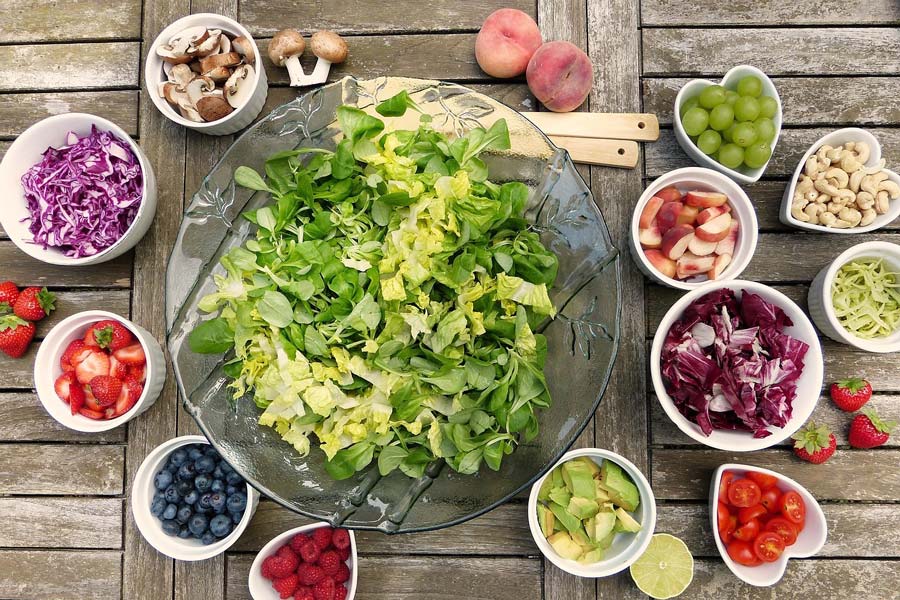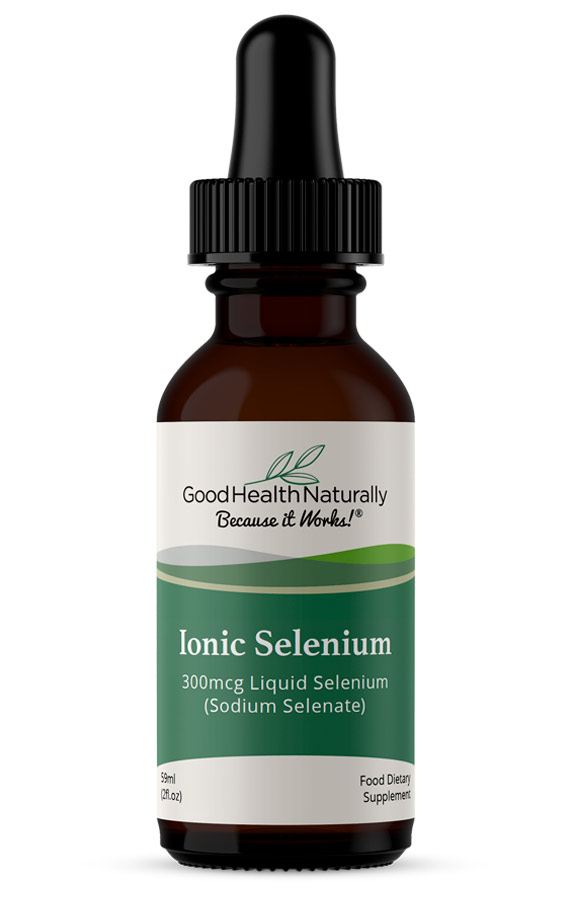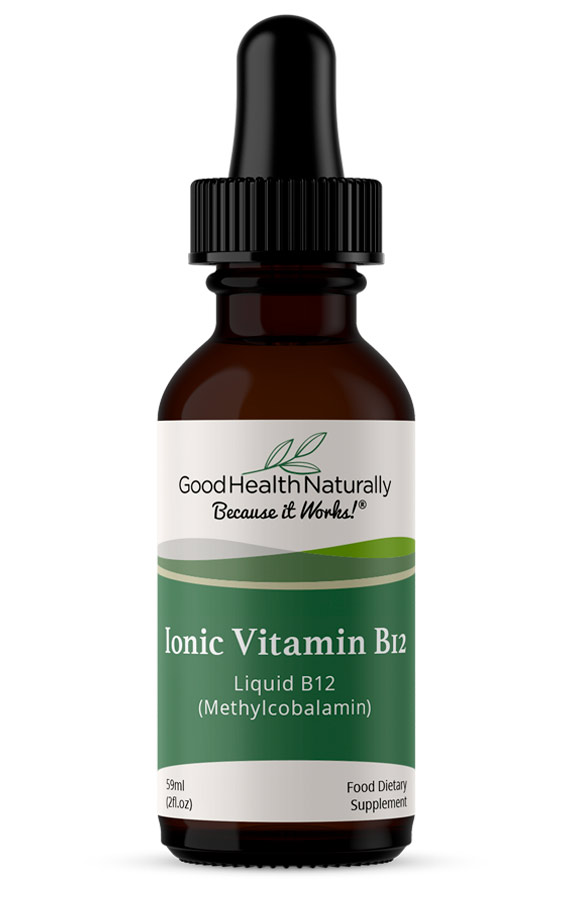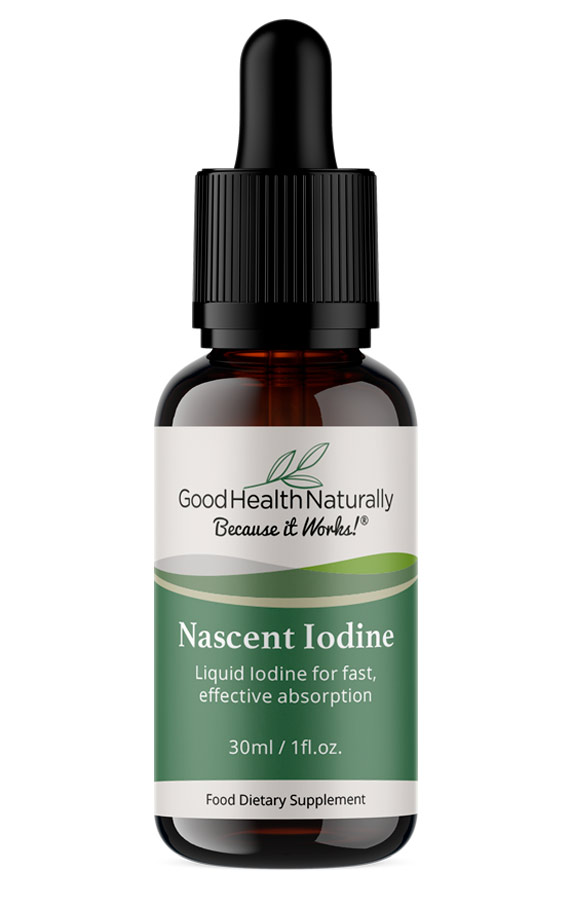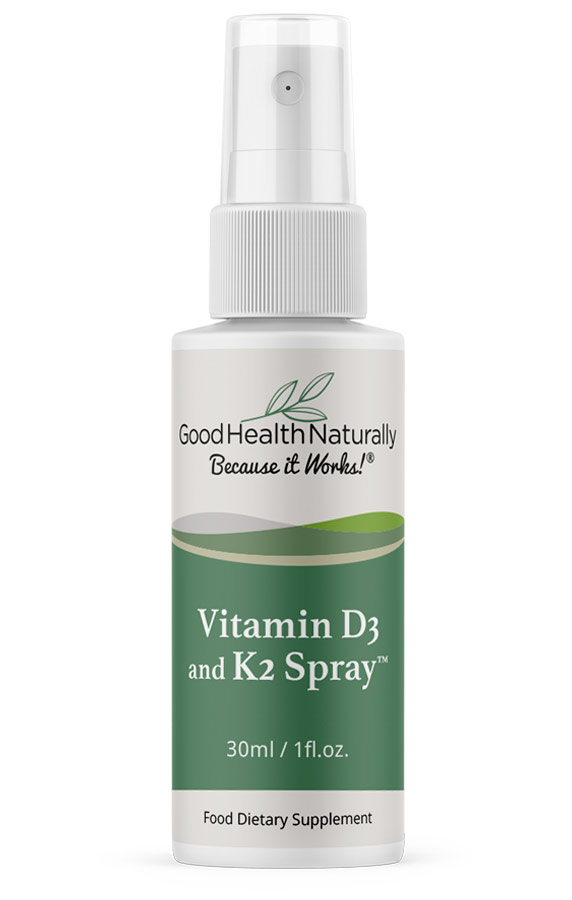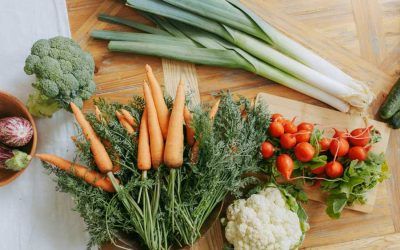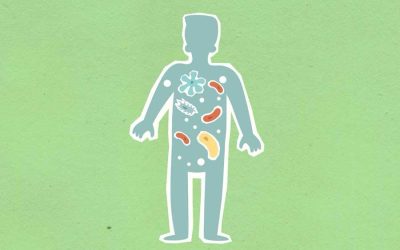Every year, thousands of people sign up for Veganuary, pledging to cut out meat, dairy and eggs and eat only plant-based foods during January. For some, it becomes a permanent change. Vegan diets are becoming increasingly popular, with reasons including concern over animal welfare, the environment or health benefits.
Supermarkets are now well stocked with vegan products. However, It is all too easy to load up the trolley with things like vegan burgers and dairy-free alternatives. Many of these products can be heavily processed and, if eaten occasionally, are fine, but if consumed regularly, they may not be ideal. However, meticulous planning is crucial for those following a plant-based diet to ensure that essential nutrients are not overlooked.
7 Essential Nutrients for Veganuary
Let’s delve into seven essential nutrients for Veganuary, including some that may need supplementation to support a well-rounded plant-based diet.
1. Vitamin B12
Vitamin B12 is only really found in animal products, so it’s all too easy for vegans to end up deficient and heading towards significant health problems.
B12 is needed for the formation of red blood cells, which carry oxygen around the body. It also helps lower harmful levels of homocysteine, an amino acid produced in the body when it breaks down dietary proteins. It needs to be recycled and removed from the blood by a combination of B12, B6 and folate. If there is a deficiency in any of these vitamins, levels can become elevated, leading to cardiovascular disease, macular degeneration and cognitive decline.
Another major role of B12 is in the nervous system. It’s involved in the production of myelin, a fatty substance found in the sheaths covering the nerves. This material acts as an insulating cover, allowing signals to be sent from the brain and spinal cord to the rest of the body and enabling us to experience movement and touch. A link between B12 deficiency and an impaired nervous system has been well established. Symptoms can include tingling in the hands and feet and may lead to permanent nerve damage.
The only vegan sources of B12 are fortified products like nutritional yeast, cereals, plant-based milk and cheeses, or supplements.
2. Vitamin D
The second of our essential nutrients for Veganuary is vitamin D, which is well known for its role in maintaining healthy bones, teeth and muscles. But low vitamin D has been associated with heart disease, cancers, and diabetes, as well as autoimmune diseases, depression, and chronic pain. Vegans may be at greater risk of vitamin D deficiency because foods providing the highest amount of vitamin D are mainly from animal sources.
Vitamin D is known as the sunshine vitamin because it’s made when we expose our skin to sunlight. In the UK, however, it is recommended that everyone take a vitamin D supplement from October to March, not just those following a vegan diet. During these months, the weather is grey and dull, and the sun is not strong enough for us to make vitamin D from sunlight. To support intake, numerous products are available now containing a vegan source of D3, produced from lichen extract.
3. Iodine
It is estimated that 80% of vegans and a quarter of vegetarians suffer from iodine deficiency compared to 9% of people who eat animal products. Most plants do not require this mineral for growth, so contents vary and tend to be low. However, it is crucial for thyroid health and plays many other roles around the body, including supporting immunity and brain health. A deficiency can lead to all kinds of things, from fatigue to hair loss and even poor memory.
Vegan sources include fortified foods like milk and yoghurt alternatives or supplements.
4. Selenium
Selenium is another one of the essential nutrients for Veganuary. It helps our bodies fight infections, protects cells and tissues from damage and is important for prostate health. For vegans, it is a story similar to that of iodine. Plants do not require this nutrient for growth, so it tends to only be available in low quantities, especially if the plants are grown in soil with low selenium content, a common issue in Europe. Brazil nuts are often cited as a rich vegan source of selenium. Eating just two Brazil nuts a day might meet the needs, but as contents vary, supplementation is the best way to guarantee a reliable, adequate intake.
5. Vitamin K2
Vitamin K helps with blood clotting and wound healing. It comes in two main forms: K1 and K2. While the K1 form is found in fruits and vegetables, such as dark leafy green vegetables, lettuce, broccoli, blueberries and grapes, most vitamin K2 is found in dairy products, eggs, meat and fish. There are some vegan sources, such as fermented foods like sauerkraut, kombucha, kimchi, and plant-based kefir. The good news is gut bacteria can convert some vitamin K1 to K2. But it may be worth considering a supplement.
6. Essential Fatty Acids
Omega-3 and omega-6 are essential fatty acids that play an important role in heart, brain, eye, and skin health. A varied plant-based diet, which includes seeds, walnuts and soy, will probably contain enough omega-6. However, ensuring there is enough omega-3 may take some planning. It is found in walnuts, flaxseeds, chia and hemp seeds, edamame beans, seaweed, and algae. But it is worth noting plant-derived omega-3s come in the alpha-linolenic acid form, which the body needs to convert into the longer chain omega-3 fatty acids, docosahexaenoic acid, and eicosapentaenoic acid. This can be inefficient, so including plenty omega-3 rich foods in the diet is essential.
7. Protein
If the diet includes plenty of legumes, grains, nuts and seeds, then there should be an adequate amount of protein. However, it is worth noting the amino acid profile is often less optimal in plants compared to animal foods. One amino acid that could be in short supply in a vegan diet is lysine, as there is only a small amount in grains, beans, lentils, and some nuts and seeds, so if these are not eaten regularly, it could be lacking. It is needed to help the body absorb calcium and plays an important role in collagen formation.
To conclude
A well-balanced vegan diet has great potential for promoting overall health. Plant-based diets are often higher in nutrients and fibre, which can help with weight management and inflammation. However, they need to be well-planned to ensure there are no missing nutrients. Supplementation is often a valuable way to plug some gaps and meet the essential nutrients for Veganuary.
Recommended Products
Please note: The product images represent the ongoing rebranding across Good Health Naturally range and may currently vary from actual stock.
References
- https://docs.cdn.yougov.com/ksydfiqjue/YouGov%20-%20Vegan-only%20January.pdf
- https://www.ipsos.com/en-uk/vegan-society-poll
- https://www.statista.com/forecasts/1256518/share-of-vegans-in-european-countries
- https://pubmed.ncbi.nlm.nih.gov/24667752/
- https://www.ncbi.nlm.nih.gov/pmc/articles/PMC3705810/
- https://www.ncbi.nlm.nih.gov/pmc/articles/PMC6930825/
- https://www.ncbi.nlm.nih.gov/pmc/articles/PMC2677010/
- https://pubmed.ncbi.nlm.nih.gov/12748410/
- https://pubmed.ncbi.nlm.nih.gov/32509798/
- https://theveganreview.com/vitamin-k-importance-plant-based-diet-best-vitamin-k2-foods-vegan-sources/
- https://www.pcrm.org/good-nutrition/nutrition-information/omega-3
- https://www.ncbi.nlm.nih.gov/pmc/articles/PMC6893534/#:~:text=All%20plant%20foods%20contain%20all,foods%20than%20in%20animal%20foods/

